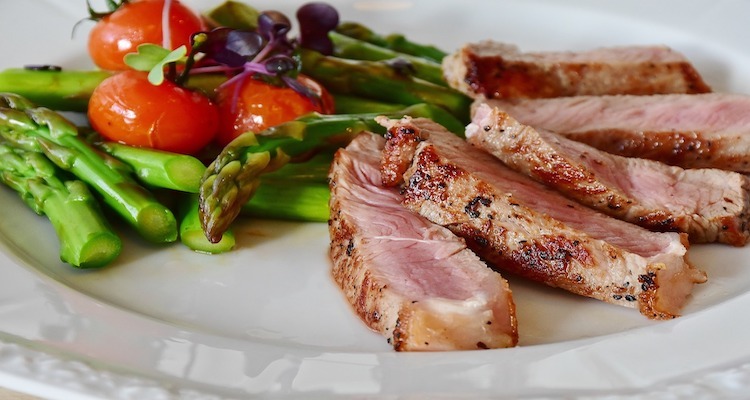
Gaelic football is a physically demanding sport that requires a combination of aerobic endurance, speed, strength, and agility. It is no surprise then to find many famous Gaelic footballers speaking about the importance of nutrition.
Several famous Gaelic footballers have emphasized the importance of sports nutrition in their athletic performance. Here are a few examples:
These are just a few examples, but many other Gaelic footballers have recognized the value of sports nutrition and have incorporated it into their training regimens to enhance their performance on the field. We now turn to consider the nutritional demands of Gaelic football in more detail.
To meet the nutritional demands of Gaelic football, players should focus on the following key aspects:
Remember that nutrition plays a crucial role in supporting athletic performance, and maintaining a well-balanced diet is essential for Gaelic football players. Given the individual needs are important sports nutritionist can play a role in this and we now turn to focusing on how a sports nutritionist can help
Working with a sports nutritionist can provide numerous benefits to Gaelic footballers. Here's how a sports nutritionist can help:
Overall, working with a sports nutritionist can help Gaelic footballers optimize their nutrition to enhance performance, improve recovery, reduce the risk of injury, and support long-term health and well-being. If you would like to work with a sports nutritionist then do search our global directory of sports professionals that has a range of experts from sports nutrition, through to strength and conditioning and many, many more.
